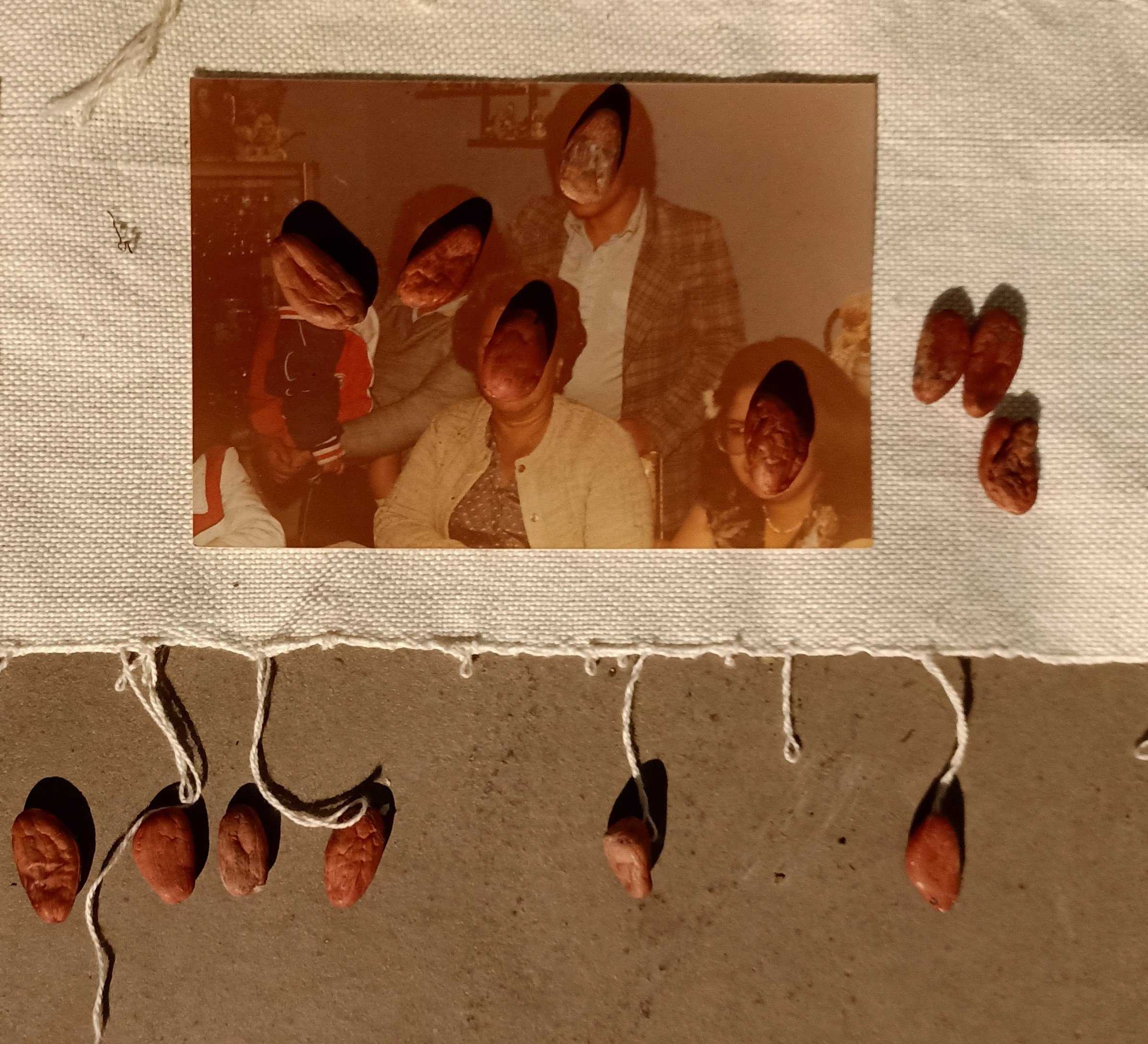|
The exhibition is centered around a communal living space, where our trajectories entwine with one another and the earth. The exhibition, that came together through conversations and collaborations with local communities in Spangen, is an invitation to learn from ancestral knowledge, to walk a decolonial path and to break free from the universal story of modernity where life is seen as an object. How do we move together towards life in plurality with the earth as living territory, living memory?
As Rolando Vázquez states in the essay Re-calling Earth: 'Decolonial aesthesis is not only concerned with the critique of western aesthetics, of modernity and contemporaneity. Its content is not only about the negation of the dominant order. Decolonial aesthesis is about practicing relationality as a way of healing the colonial wound and of realizing possible worlds that have been denied. Hammering into dust is a necessary step in Aldo’s work but not its horizon. The negation of the system is a step in the decolonial path, but its objective is not destruction but the opening up, is transgressing the enclosures. The horizon of decolonial aesthesis, goes beyond resistance, it is about healing, restitution, and re-existence. In a Tale of A Tub Aldo’s work invites us to practice decolonial aesthesis as relationality. It is a work that is not so much concerned with performance and representation as it is with weaving relations, with gathering and guarding memories, with exercising the healing power of storytelling, of re-membering each-other, of enabling the state of being otherwise, our communal-hood, earth-hood, ancestral-hood. It is a work of the invocation of communal memories and the offering of relations.’
Aldo E. Ramos is a griot, a traveller-poet, a storyteller, an artist. His practice is directed towards social healing; as reconstitution, reparation and protection of ancestral knowledges. He doesn't see himself as an innovator, or creator but a guardian who receives and expresses an order that already exists. In his practice relationality is more important than the work itself. His practice is a service, an action of offering, a giving back to Earth that is shaped by the experience of listening. He practices sentipensar, changing the position of “I think” to the We as thinking-feeling with the Earth.
Spinning the Spindle Towards Pluritopia is supported by the Municipality of Rotterdam and the Mondriaan Fund.
A Tale of A Tub
Space for contemporary art and culture, Rotterdam
www.ataleofatub.org
|

